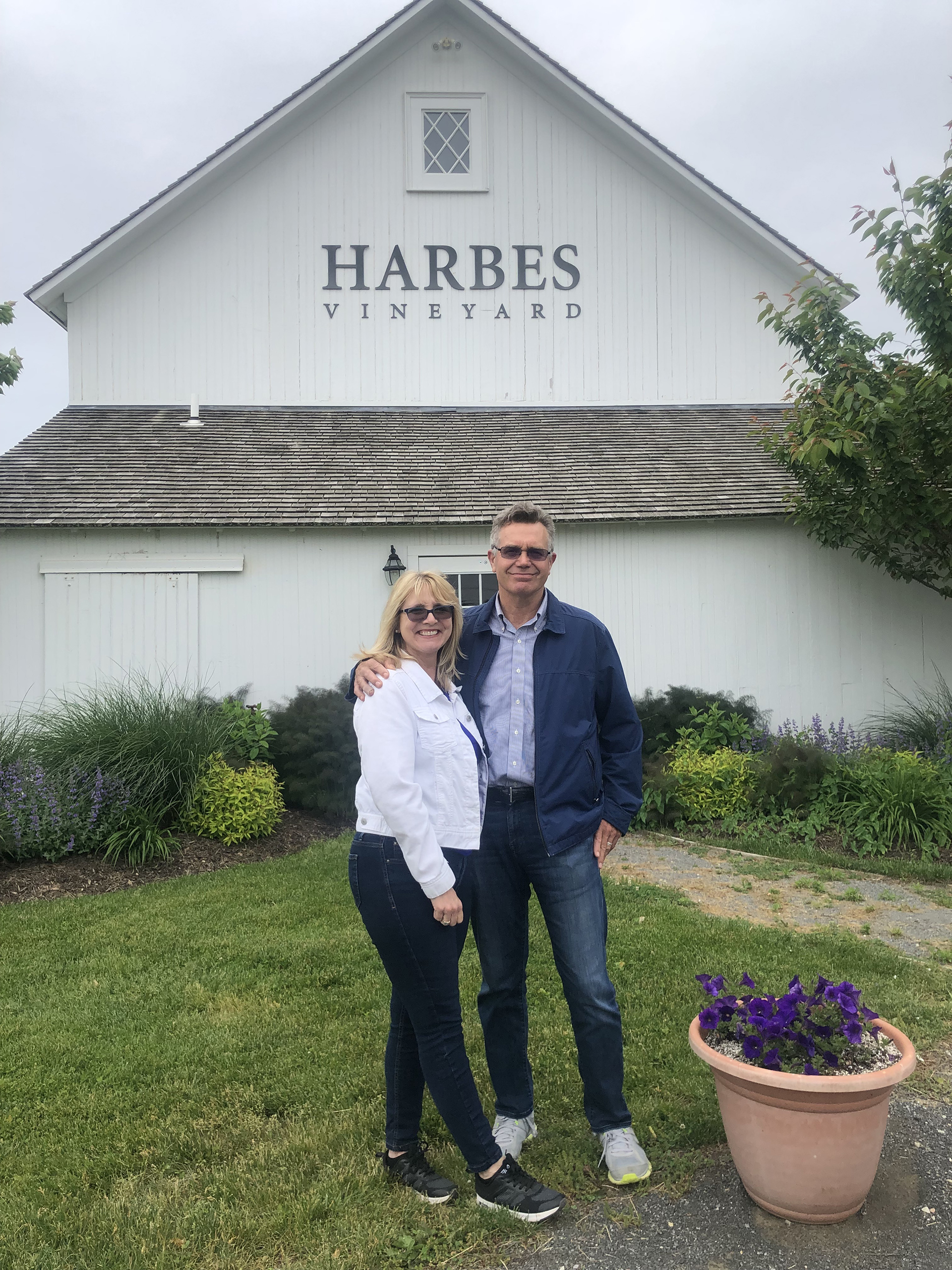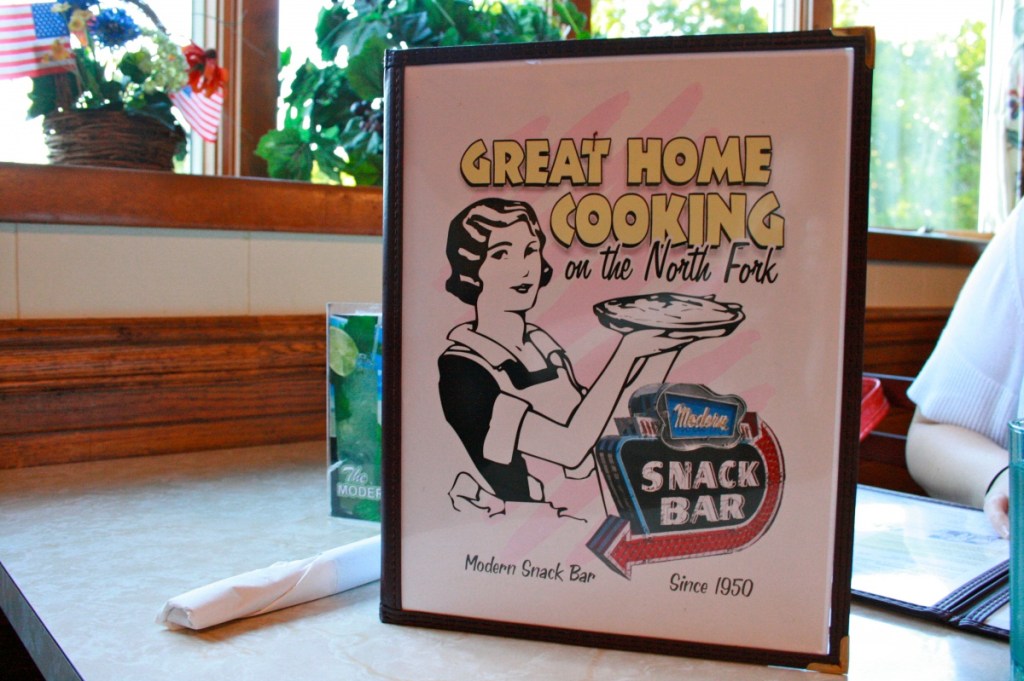An Innovative Farming Family


It’s fitting to spotlight the 30th anniversary of Harbes Family Farm between Mother’s Day and Father’s Day, as Monica and Edward Harbes III, the farm’s founders, celebrated their 40th year of marriage last year. The story of local innovation that led the Harbes family from farming and wholesaling potatoes to birthing agritourism’s most successful East End empire (with locations in Riverhead, Jamesport, and Mattituck) can be tracked in the simplest terms: to the necessity of caring for a family whose growth was outpacing the falling price of potatoes.
“I had a lot of motivation,” Ed Harbes said on how necessity was truly the mother of invention at Harbes Family Farm. “I had a beautiful wife and eight blond-haired, blue-eyed little faces staring back at me saying, ‘You’re going to take care of us, daddy, aren’t you?’”
Harbes had first begun farming potatoes with his grandfather in Huntington during the 1960s until the Long Island Expressway cut straight through the property and the operation ultimately moved east in search of more undeveloped land in 1968 when Harbes was 10 years old. But 10 years later, he married, Monica, his fellow Mercy High School and Suffolk Community College classmate. Together, the two began a 15-year journey, not only raising four sons and four daughters, but of forever changing the face of local farming.
“In 1985 the cost of raising 100 pounds of potatoes was $4, but they only sold for $2, so even though I wasn’t a math wizard, I could tell that was going to be difficult to make a career like that,” said Harbes. “It was that year that I said, ‘I’m going to have to look for alternatives.’ By 1989, we decided to discontinue with the potatoes and start with a different series of crops that would be popular at a farm stand, like sweet corn, tomatoes, and melons.”
Ten years old at the time, their oldest son, Jason, was instrumental, not only in getting the family’s 14-by-14-foot gazebo and farm stand off the ground as its first salesman, but in introducing to the public a new type of “super” sweet corn, a crop in which the family initially had a corner on the market as conventional farmers stuck to raising the varieties of corn they had been for decades.
“I would tell him it was important that no one leave the farm stand without trying this new type of corn, and if they won’t buy it, give some samples for nothing,” Harbes said of fond memories teaching sales to his son, who would go on to get a math scholarship at Harvard and now works on Wall Street. “We heard stories years later of people who would come by just because they’d want to buy a tomato or something and when they got home and opened the bag there was corn in there.”
Not all Harbes ventures have been a success. A “Sunday Funday” picnic flop back in the early 2000s is one that is remembered with laughter — but that’s something inherent to the entrepreneurial spirit.
But most of what the family has touched has turned into gold. The corn mazes became more elaborate with costumed actors adding to the fun. Musical entertainers could be found performing on weekends and holidays. A singer was added to improve the hayride experience by singing songs and offering a guided tour of the Mattituck location. The Barnyard Adventure area was later introduced to create a space where people could have enjoyable interactive farm experiences. Visitors to the Barnyard can enjoy wide open spaces, farm animals, weekend pig races, children’s activities, such as sack races and tug-of-war, general fun and games and, of course, the overall family-friendly atmosphere.
Harbes’s ensuing success with sweet corn created the model under which the family’s empire ultimately expanded: Try something new, do your best, band together at all cost, and always follow the market.
“It’s been quite a journey,” Monica Harbes said looking back. “It’s been a wonderful and adventurous life—Anything but dull.”
For more information about the farm and upcoming events, visit www.harbesfamilyfarm.com.
gianna@indyeastend.com



